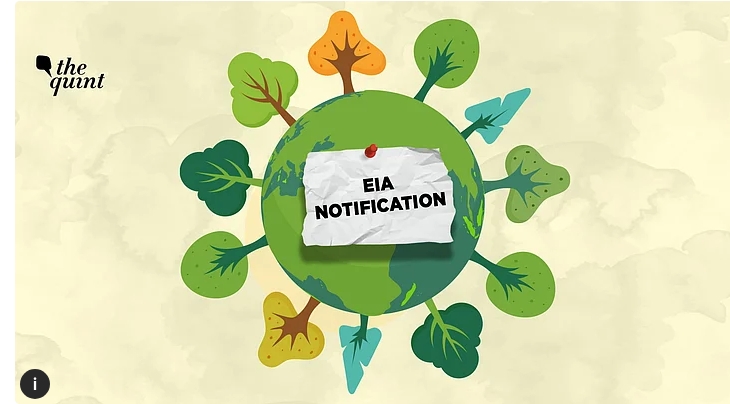In Short: The Supreme Court has invalidated government orders allowing post-facto environmental clearances, reinforcing that prior approval is critical for any project. The ruling highlights how legal loopholes weakened environmental safeguards. Debadityo Sinha asks if this decision will finally prompt genuine reforms in India’s environmental governance.

In a landmark ruling, the Supreme Court struck down a 2017 controversial notification and an Office Memorandum of 2021 issued by the Ministry of Environment, Forest and Climate Change (MoEFCC), permitting environmental clearance to be granted to developmental projects after they had already started operations.
This judgment is a strong reaffirmation of the “mitigation hierarchy” which is the foundation of any environmental decision-making. This follows a principle that any activity with potential environmental harm must first be avoided, and if avoidance is not possible, the impacts shall be minimised.
The court made it clear that “ex post facto” EC is illegal and undermines the very foundation of environmental law.
To read the complete oped, kindly visit this link of The Quint.


